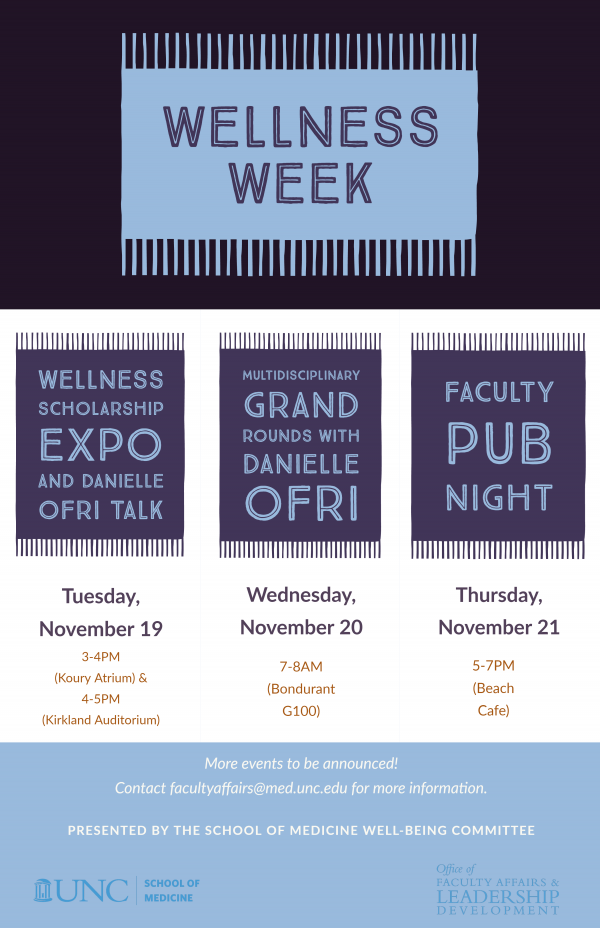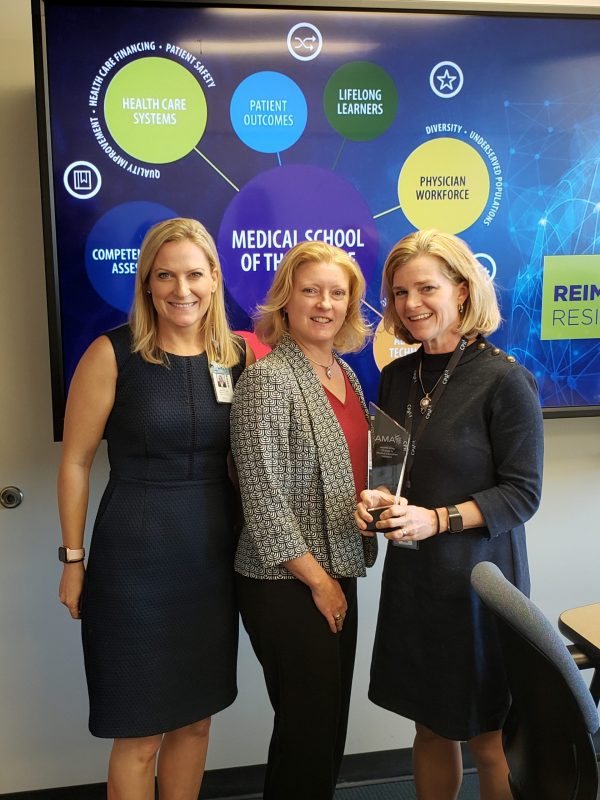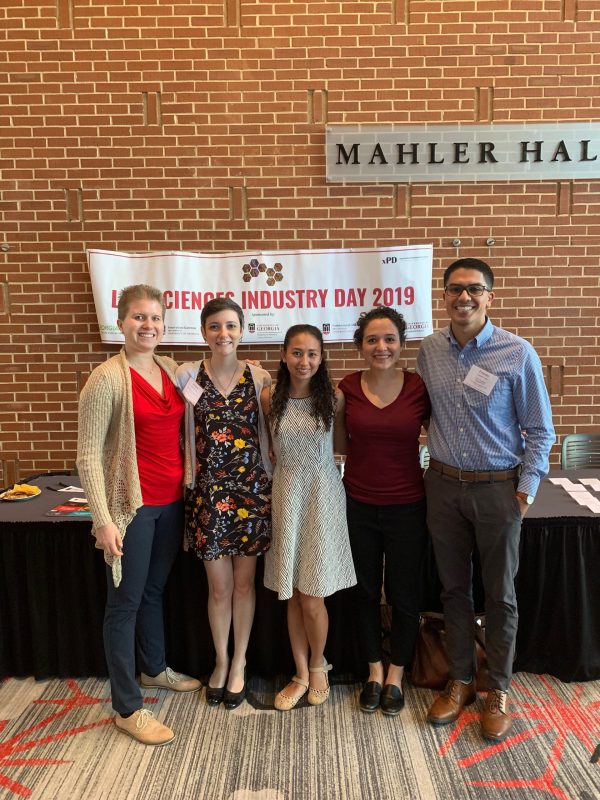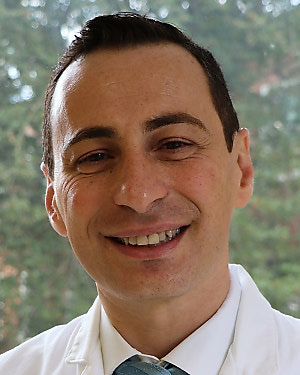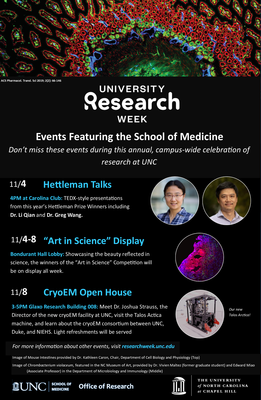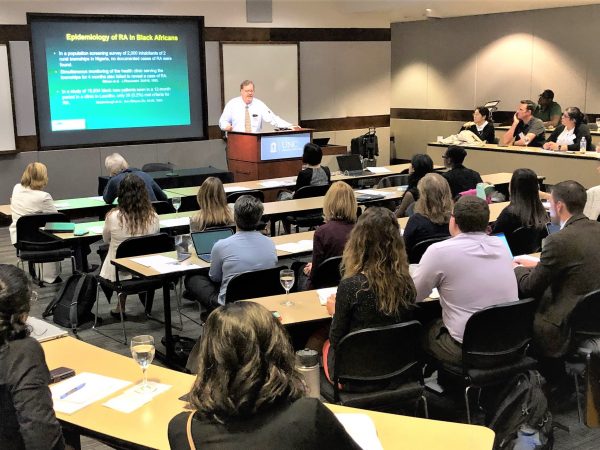
October 31, 2019
Thurston Arthritis Research Center Holds Second Annual Research Day
Research Day facilitates dialogue and collaborations among basic, translational and clinical investigators. Approximately 90 researchers, clinicians, research staff and trainees gathered recently to discuss innovative ways to move research forward in areas including arthritis, allergy, and autoimmune diseases.
